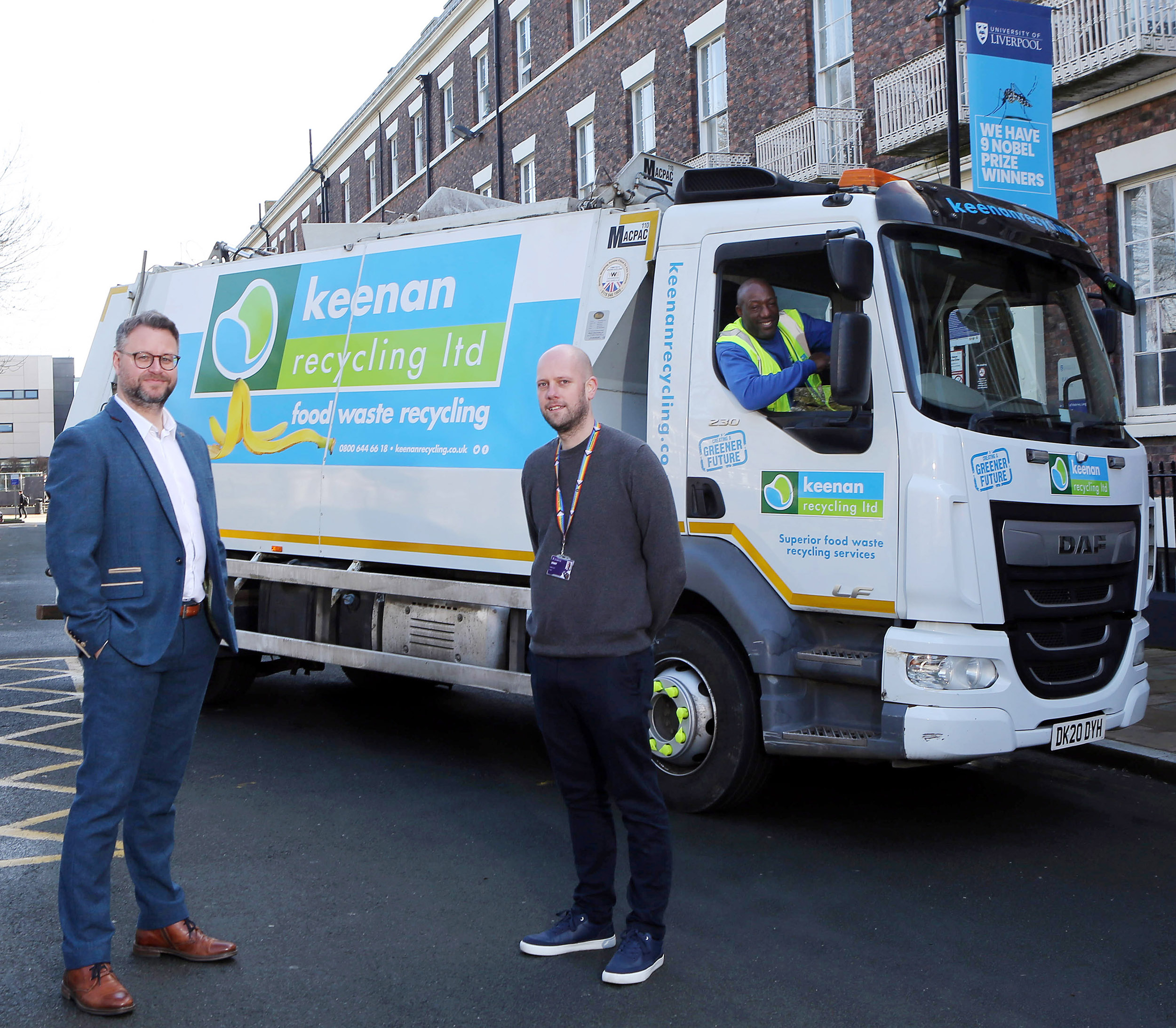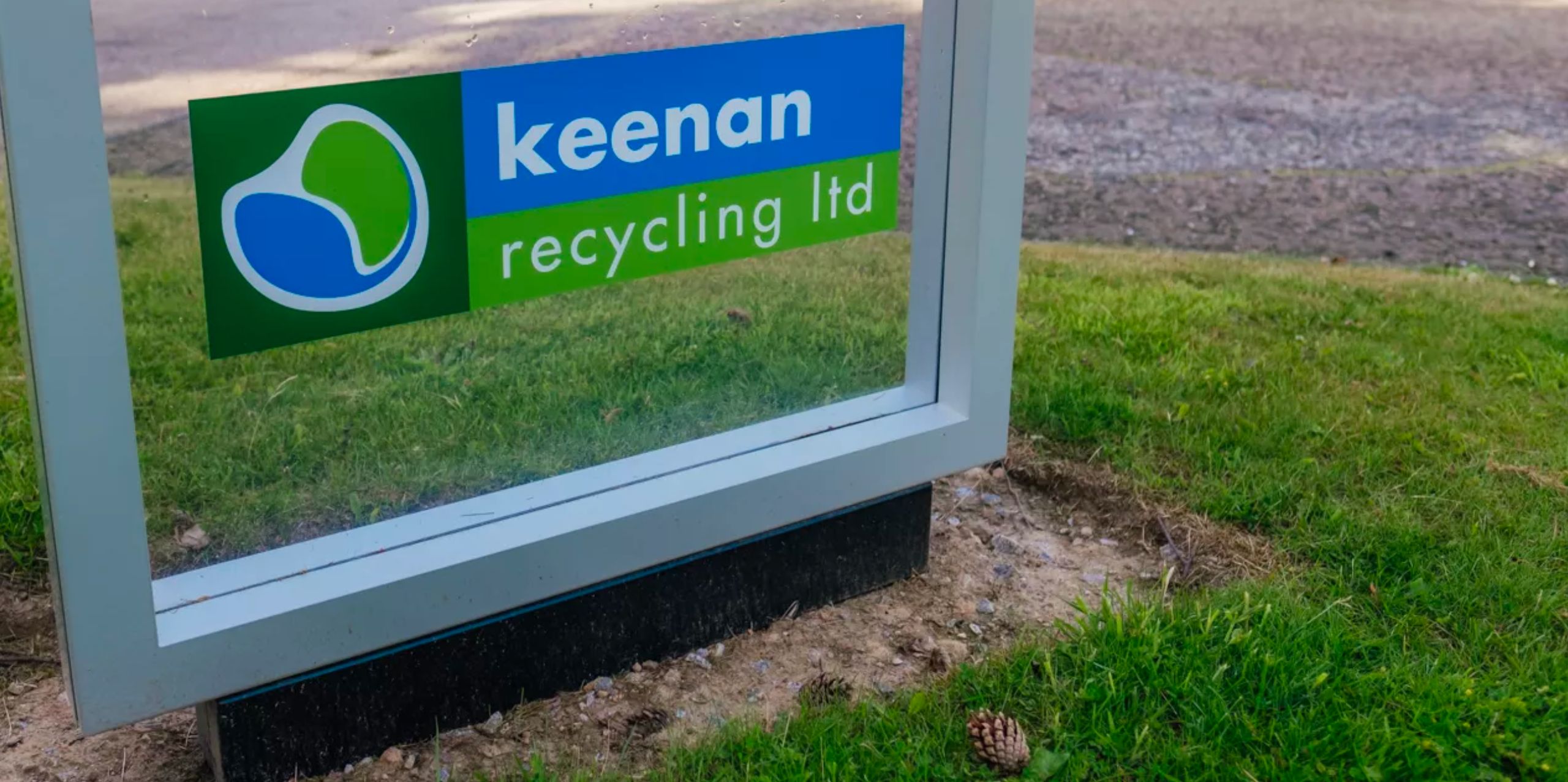In an era where climate change and environmental sustainability are at the forefront of global concerns, here at Keenan Recycling, we have been re-evaluating our practices to reduce our carbon footprint and we are taking an innovative approach to decarbonise our vehicle fleet.
As part of our sustainability commitments, we are working towards the goal of developing a low carbon food waste collection model by 2030. In the face of the ever-increasing climate crisis, it has become paramount for us to take proactive steps towards reducing our carbon footprint.
As part of our Net Zero Implementation Plan, we have committed to no more diesel vehicles being added to our existing fleet. Instead, we will be migrating to a range of alternative low carbon fuel types, including six HVO (hydrotreated vegetable oil) trucks, two hydrogen hybrids and ten biomethane vehicles within the next 12 months. We are also planning to trial a battery electric vehicle at one of our depots on a lower range route, and a hydrogen range extended version on a more conventional rural route. We will be making substantial investment in refuelling infrastructure to support these endeavours, both in isolation and in conjunction with our AD partners.
This mix of technologies will allow us to take advantage of the continuously evolving fuel developments available and will ensure that we make informed decisions that align with our goals of Net Zero by 2030. We are regularly monitoring and reporting on progress in terms of reduced emissions, energy savings, and increased operational efficiency and we are on target to exceed our first milestone commitment of a 20% reduction in direct (Scope 1) emissions by 2024/25.
Fergus Healy, our Head of Strategic Development and Net Zero said: “A significant proportion of our carbon emissions are Scope 1 emissions and can be attributed to our vehicle fleet, so it is crucial that we take steps to reduce these. A diversified approach to decarbonisation provides flexibility and adaptability.
He added: “It’s essential to continually evaluate and invest in emerging technologies and infrastructure to achieve our long-term environmental goals. By driving change today, we can build a better tomorrow for our company, our customers, and the planet”.


